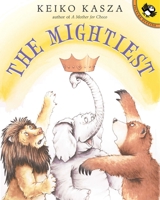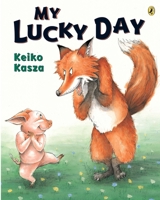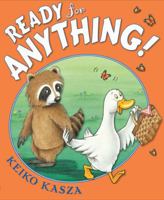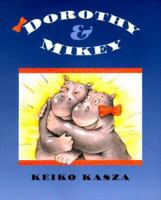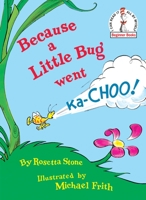More by Play Bac
Book Overview
Katie Ann lost the love of her life. Then God offers her a new beginning in Colorado. Katie Ann Stolzfus lives in the small Amish community of Canaan, Colorado. At forty she is widowed and raising her first child. But baby Jonas will never know his father, and Katie Ann wonders if her Heavenly Father hasn't forgotten about her as well. Is it really God's plan for her to be a single parent Eli Detweiler has come to Canaan for a wedding and a long vacation. Having raised six children following the death of his young wife, Eli is finally an empty-nester. He's enjoying the slower pace of having no one to care for but himself. When Katie Ann and Eli meet, there is an instant connection. Yet as strong as the attraction is, they both acknowledge that a romance would never work. He is done parenting, while she has just begun. But as their friendship slowly blossoms into feelings that are as frightening as they are intoxicating, Katie Ann and Eli question if the plans they made for themselves are in line with God's plans. Can Katie Ann entrust her heart to another man, and rediscover the wonder of God's love
Format:Hardcover
Language:English
ISBN:0471771910
ISBN13:9780471771913
Release Date:January 2006
Publisher:John Wiley & Sons Inc
Length:308 Pages
Weight:1.20 lbs.
Dimensions:9.8" x 1.0" x 6.3"
You Might Also Enjoy
Customer Reviews
5 customer ratings | 5 reviews
There are currently no reviews. Be the first to review this work.






































